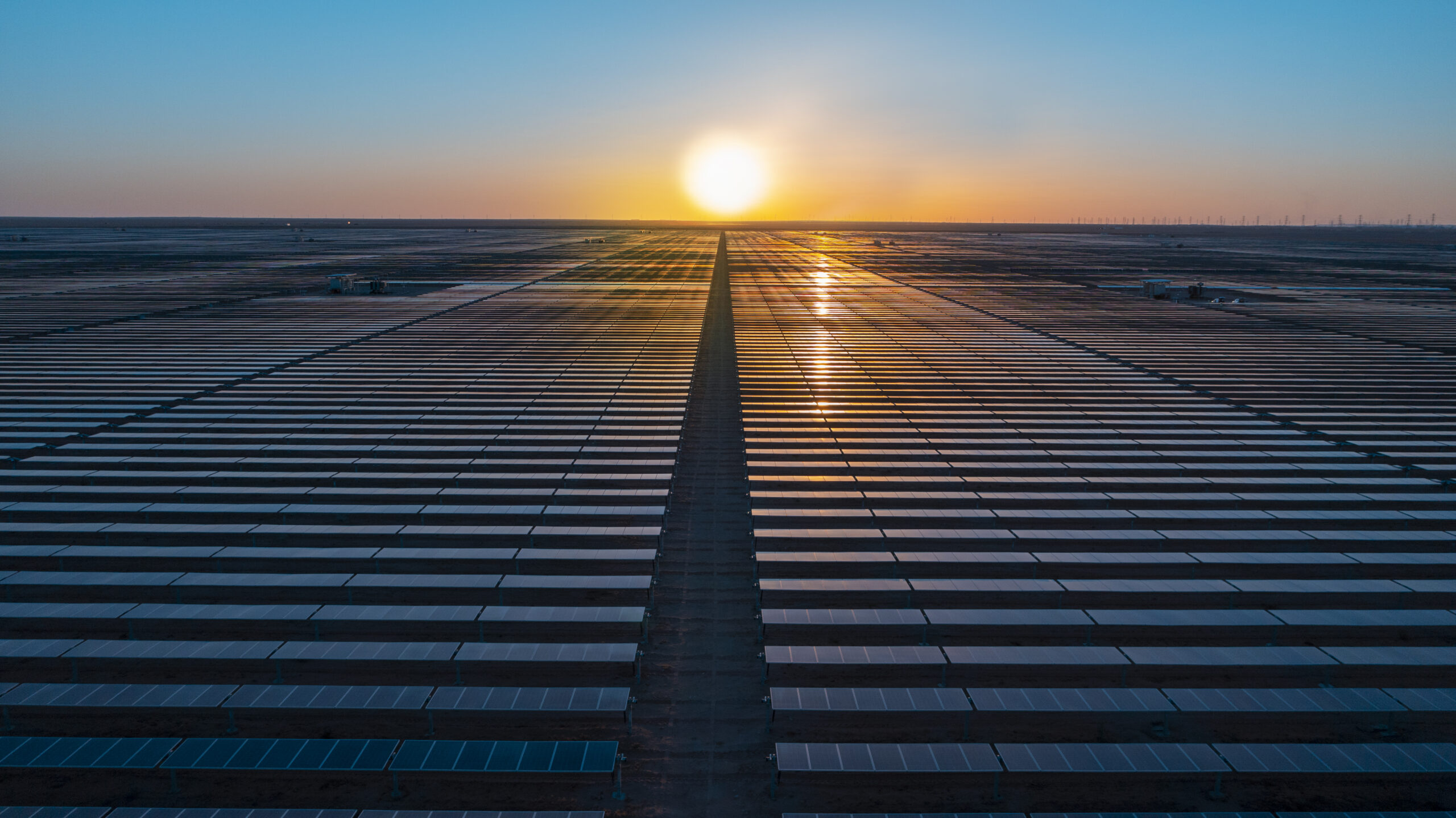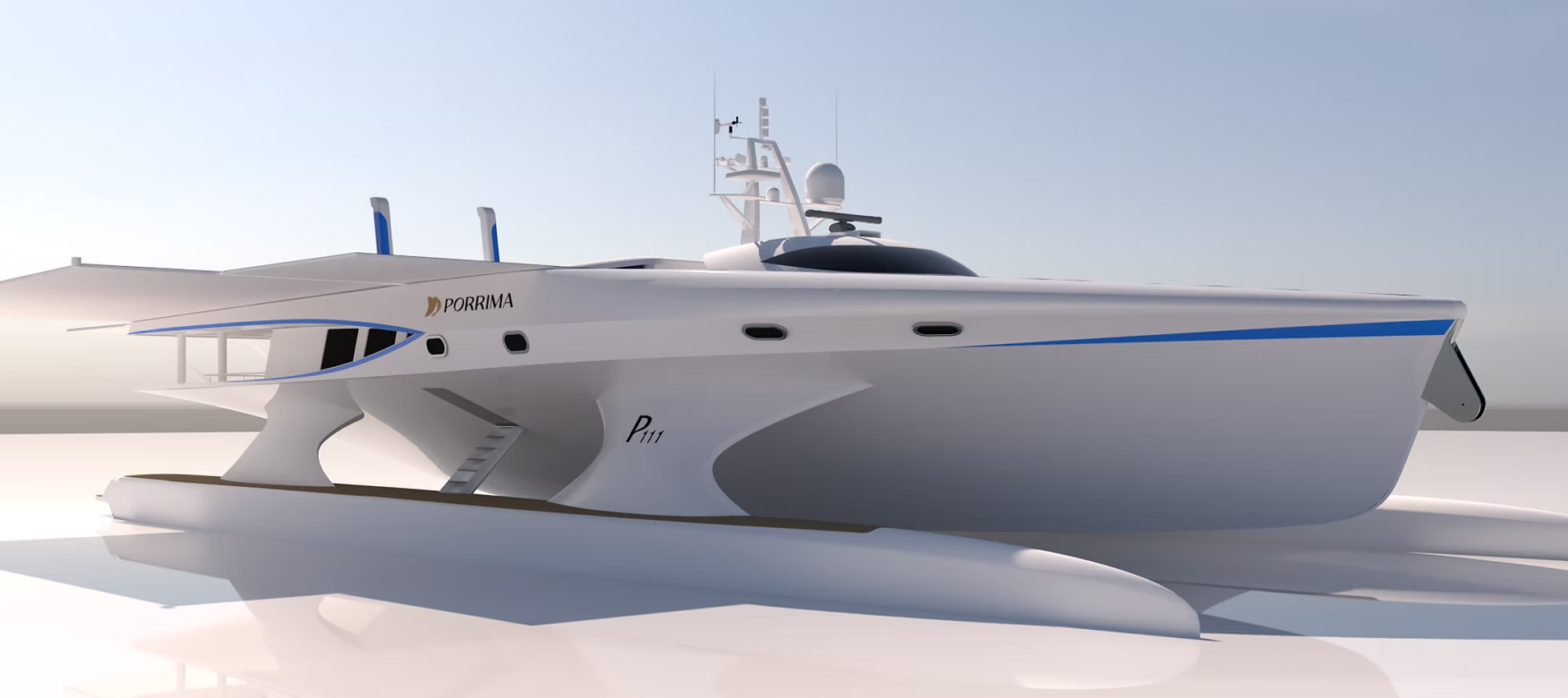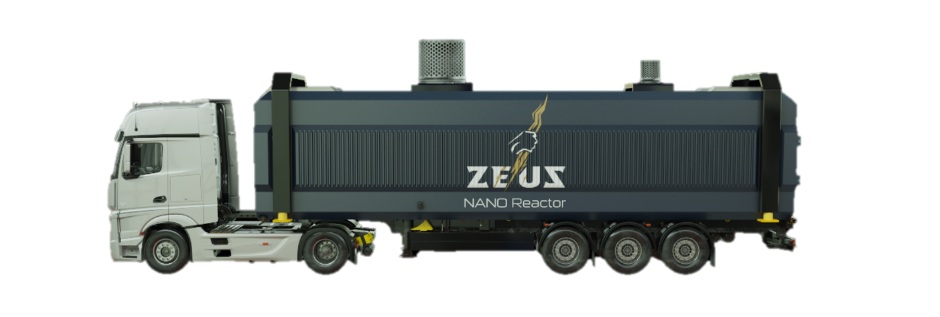Climate Insider Brief:
- Deep Sky Corp. has sold its first carbon credits to Royal Bank of Canada (RBC) and Microsoft, covering the capture of 10,000 tonnes of CO₂ over the next decade, with an option for future purchases of up to one million tonnes.
- The company is testing eight direct-air-capture units at its Alberta demonstration site, aiming to identify scalable, energy-efficient technologies for large-scale carbon removal, with the facility set to capture up to 30,000 tonnes of CO₂ over 10 years.
- The deal is expected to attract further investment and interest from suppliers and customers. Deep Sky is also exploring additional carbon storage sites in Quebec through prefeasibility studies.
Deep Sky Corp., a carbon-removal startup, announced the sale of its first carbon credits from its Alberta demonstration center to the Royal Bank of Canada (RBC) and Microsoft, marking a key step in its strategy to commercialize direct-air-capture (DAC) technology. The deal, disclosed on Wednesday, covers the capture of 10,000 tonnes of carbon dioxide from the atmosphere over the next decade and provides RBC and Microsoft with an option to buy an additional one million tonnes from Deep Sky’s future commercial projects.
Founded by Hopper Inc. CEO Fred Lalonde, Deep Sky is testing a range of DAC technologies at its Innisfail, Alberta, site, located about an hour north of Calgary. The facility, currently under construction, will host eight DAC units from vendors such as Airhive, Avnos Inc., Phlair, Greenlyte Carbon Technologies GmbH, Mission Zero Technologies, NEG8 Carbon, Skyrenu Technologies Inc., and Skytree. The startup aims to identify the most energy-efficient, scalable, and simple technologies as it pushes to refine carbon-removal solutions at scale.
The Alberta facility, once fully operational, is expected to capture up to 30,000 tonnes of carbon dioxide over a 10-year period, with plans to store the gas underground in a well north of Edmonton. Initial DAC units are slated to begin operations in March, with additional installations planned through the end of 2025.

Deep Sky’s CEO, Damien Steel, emphasized that the carbon credit sale to RBC and Microsoft will attract further investment and interest from suppliers and potential customers. RBC’s acquisition marks its first direct-air-capture carbon credit purchase by its Environmental Markets Solutions Group, underscoring the financial sector’s increasing focus on sustainable finance solutions.
The transaction reflects mounting interest in DAC as a tool for addressing carbon emissions, though the sector faces challenges. Only a handful of small-scale DAC facilities currently operate worldwide, and experts say achieving meaningful carbon capture will require significant scaling and a robust carbon credit market.
In addition to its Alberta demonstration site, Deep Sky is evaluating other opportunities in Canada. In August, the company began prefeasibility studies in Quebec’s Bécancour and Thetford Mines regions to assess potential for underground carbon storage at industrial sites.
With RBC and Microsoft backing its Alberta pilot, Deep Sky is positioning itself at the forefront of Canada’s growing carbon-removal landscape, as the company explores scalable solutions for tackling atmospheric CO₂.
Source: The Globe and Mail
Featured Image: Credit: Digital rendering of a Deep Sky Corp. pilot facility in Innisfail, Alta., where the Montreal-based startup will test direct air capture technologies before proceeding to build giant decarbonization operations across Canada, according to its long-term plans.








